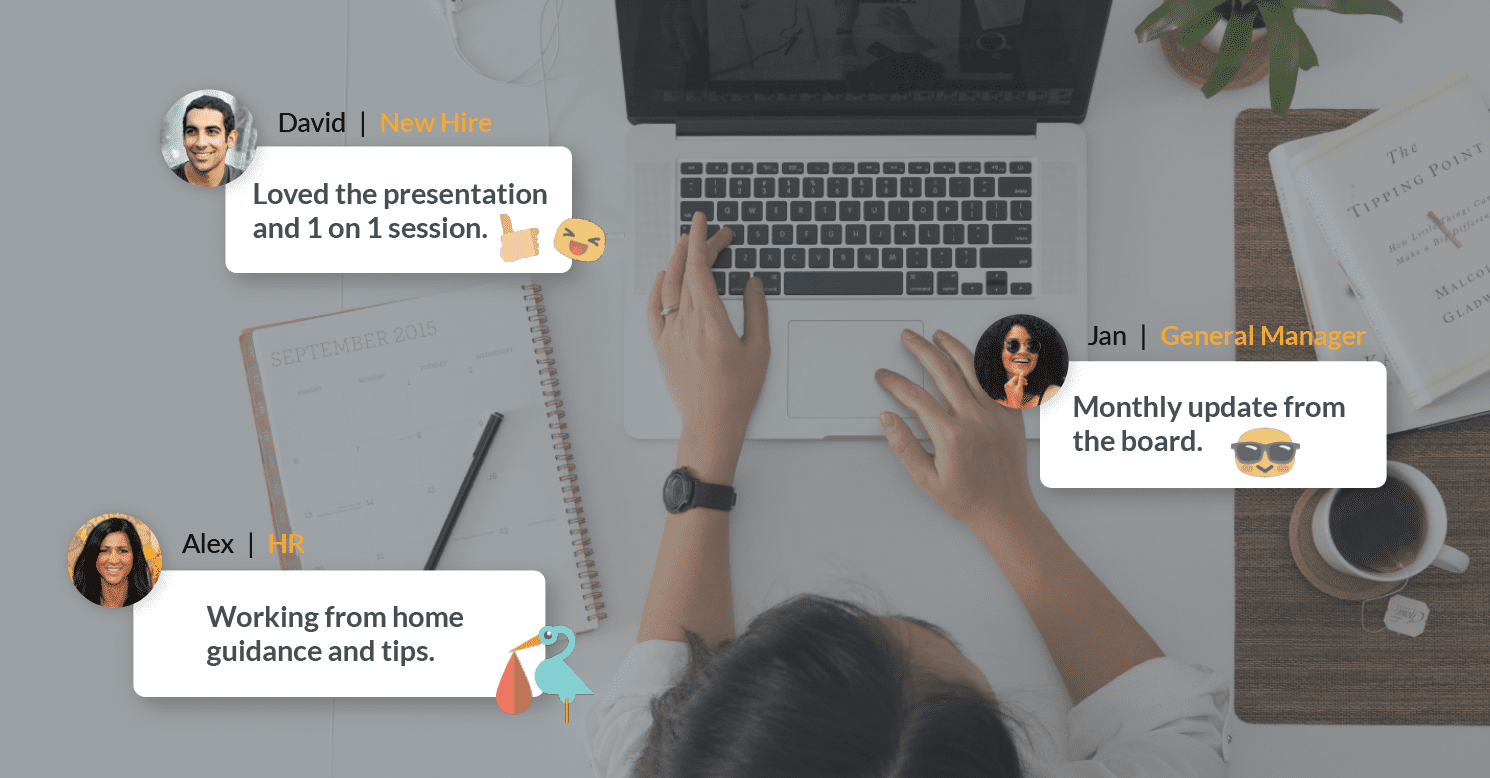Top of the headlines across the world these days is just one matter: COVID-19. The virus that has brought everything to a halt, and the first question every day tends to be about the number of people infected worldwide. Countries and companies are looking at what they can do to slow the spread of the virus, as any definitive measures – read, drugs or vaccines – to stop its onward march are said to be many months away.
It is however proving to be not a matter of just the body but the mind as well. Anxiety and stress around the matter have risen as fast as, or possibly faster than, the number of cases, given how it is prone to spreading from person to person at a workplace, during a commute, or in any other part of everyday life. This is why HR leaders must give it attention, is it could otherwise lead to a spike in absenteeism and healthcare spends, and a fall in productivity.
What workplaces need now are employee wellness programs, covering measures such as those below:
Put team health first
Decisions and measures must give due consideration to factors outside the organization, given that global and local communities play a big role. It is important to follow best practices and protocols from the World Health Organization (WHO), along with other region-specific government measures. Along with this, workplace flexibility is also of the essence, given that not everyone copes with such a situation in the same way.
Provide clear and consistent information
In times of such uncertainty, there are often many unsettling stories and anecdotes in the air. It becomes all the more important to disseminate information that is regular, reliable, and unambiguous. This becomes all the more important when employees work from home, as alternative and possibly misguiding messages may get shared on Teams or other internal communication channels. The company must ensure dispersal of up-to-date facts from trusted public sources, immediately, and in a language that employees understand easily. Managers should also be trained well so that they can educate and support their teams.
Be compassionate in your leadership
HR leaders must remember that every employee has unique life situations that affect the individual effect of this situation. There may be vulnerable senior members in one family, or someone might just be more prone to stress and anxiety. It is important to lead with compassion and empathy, and provide the right workplace flexibility. It is also essential to be compassionate and honest towards oneself, given the bearings on the health of the wider set of people beyond the family. Suggestions include:
- Checking in with the team regularly
- Welcoming open and honest thoughts
- Responding with kindness and skill during stressful situations
Arrange digital resources for mental health
Preventive and supportive mental health solutions as part of employee wellness programs can go a long way in promoting health, and are a wise investment in these times. Online or app-based mindfulness meditation and training is a great choice, and works well especially with the avowed preference for digital communication during the times of remote work, helping to deal with chronic stress and related problems.
Take care of the HR team
Employees look toward the HR team for information and advice, and HR leaders must ensure the HR team itself stays in good health. Given the load from measures being taken to facilitate work from home, new policies, and more, the HR team must give equal priority to its own wellbeing so that it continues to work efficiently and effectively.
Remember – deliberate, thoughtful action beats simply reacting, and facilitates better decisions informed by clarity and awareness.
Keep Reading
Balancing Technology and the Human Touch in Employee Engagement
Companies are taking employee engagement very seriously because it is one of the ways of
Building Strong Teams: The Power of Team Bonding Exercises
Never overestimate the power of collaboration as a core element of effective team

